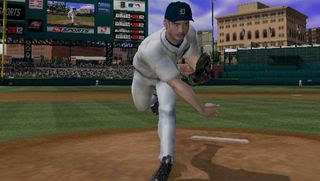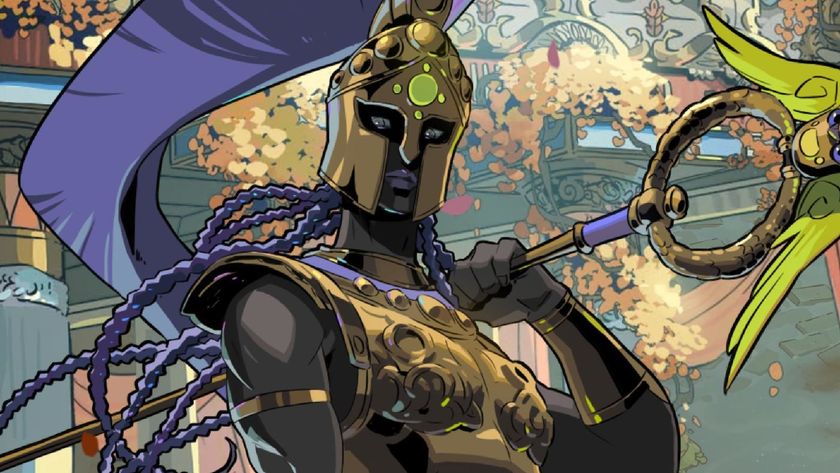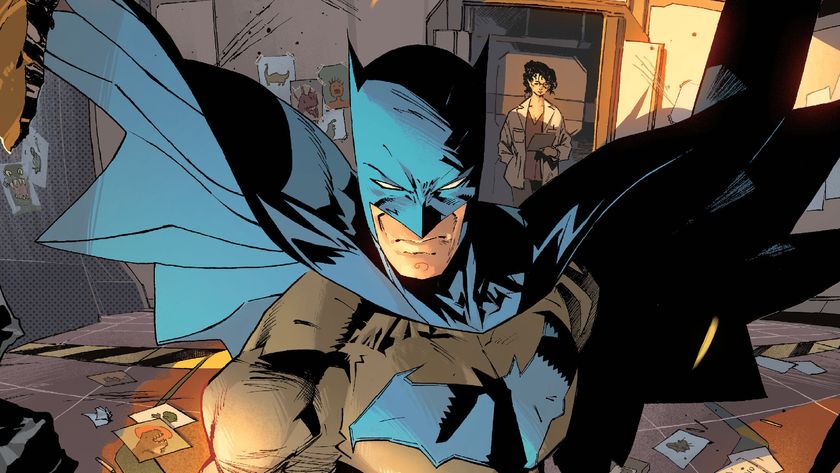Nine years ago, 2K nabbed baseball exclusivity (and continued its war with EA)
Nine years ago this month, the sports genre was dealt a blow from which it has yet to recover.
On January 24, 2005, Take-Two signed an exclusivity deal that prevented all other third-party publishers from making games based on the Major League Baseball license. The timing gave it an air of reprisal, as not a month earlier EA had acquired to rights to be the only publisher, first- or third-party be damned, to be making a NFL-approved football game. The general consensus was that the two were in an exclusivity war over the sports genre.

Just as 2K's excellent NFL franchise needed to be put on hold, so too did EA's baseball series. At the time, EA was producing MVP Baseball--a terrific baseball sim that introduced numerous hitting and pitching innovations. When Take-Two snatched up the baseball license in 2005, it became a two-player game, with the MLB 2K's only real competition being Sony's MLB: The Show.
Nine years later, and it's clear that EA came out on top in this perceived war. For Take-Two, the baseball deal was a disaster that lost the company tens of millions of dollars. In 2013, Take-Two finally abandoned baseball after one last desultory effort. Madden NFL, on the other hand, has continued to reign supreme, easily swatting away Take-Two's non-licensed All-Pro Football 2K8, which, as these things go, came out in 2007.
Take-Two hasn't fielded a football team since.
This Week in Gaming brings you bite-sized gaming history every week. Come back to find out what the past can tell us about the future, and to reminisce about a time before high-definition visuals, always-online DRM, and digital distribution.
Sign up to the 12DOVE Newsletter
Weekly digests, tales from the communities you love, and more

Former Witcher 3 lead says his new vampire RPG Blood of Dawnwalker has a smaller open world because "it feels more like you actually know the place" compared to "behemoths"

Hades 2 devs say "we have not recast any of our characters" in the roguelike amid concerns during the ongoing SAG-AFTRA video game strike
Most Popular






